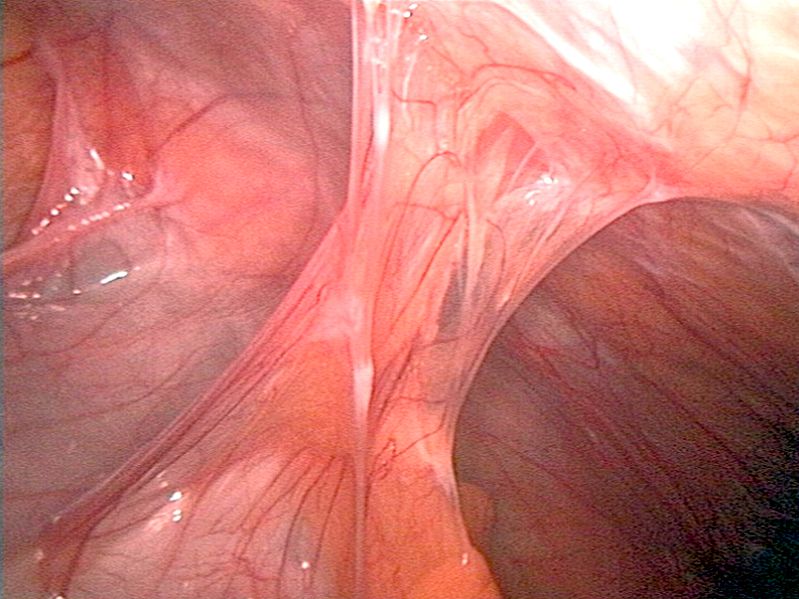Physical Activity: A Proven Antidote for Depression, Anxiety, and Distress

Whether it’s a brisk walk in the park, a heart-pounding gym session, or simply staying on the move, physical activity has long been recognized for its numerous health benefits. But new research underscores its profound impact on mental health, suggesting that exercise could be a powerful tool in managing symptoms of depression, anxiety, and psychological distress.
This finding is the result of a review conducted by a team of researchers from the University of South Australia. The team analyzed data from a plethora of systematic reviews encompassing 1039 trials and more than 128,000 participants. Their objective was to synthesize the evidence on the effects of physical activity on depression, anxiety, and psychological distress in adult populations.
Interestingly, the reviews included a diverse range of adults, from healthy individuals to those diagnosed with mental health disorders and those grappling with various chronic diseases. The robust findings were consistent across these varying groups.
The study revealed that physical activity could significantly alleviate the symptoms of depression, anxiety, and psychological distress. Specifically, exercise had medium effects on depression (with a median effect size of -0.43), anxiety (-0.42), and psychological distress (-0.60), compared with usual care across all populations.
Surprisingly, some of the most substantial benefits were seen in people with depression, HIV, and kidney disease, as well as in pregnant and postpartum women and healthy individuals. This suggests that, regardless of the individual’s health status, incorporating physical activity into their routine could be a game changer.
The type of exercise also mattered. The researchers found that higher-intensity physical activity was associated with greater improvements in symptoms. However, they observed that the effectiveness of physical activity interventions diminished with longer-duration interventions. This underlines the need for maintaining a balance and keeping the intensity of the activity high.
In conclusion, physical activity is more than just a way to keep fit. It’s a highly effective method for improving symptoms of depression, anxiety, and distress across a wide range of adult populations. Given its proven benefits, physical activity should be an approach in the management of depression, anxiety, and psychological distress.


